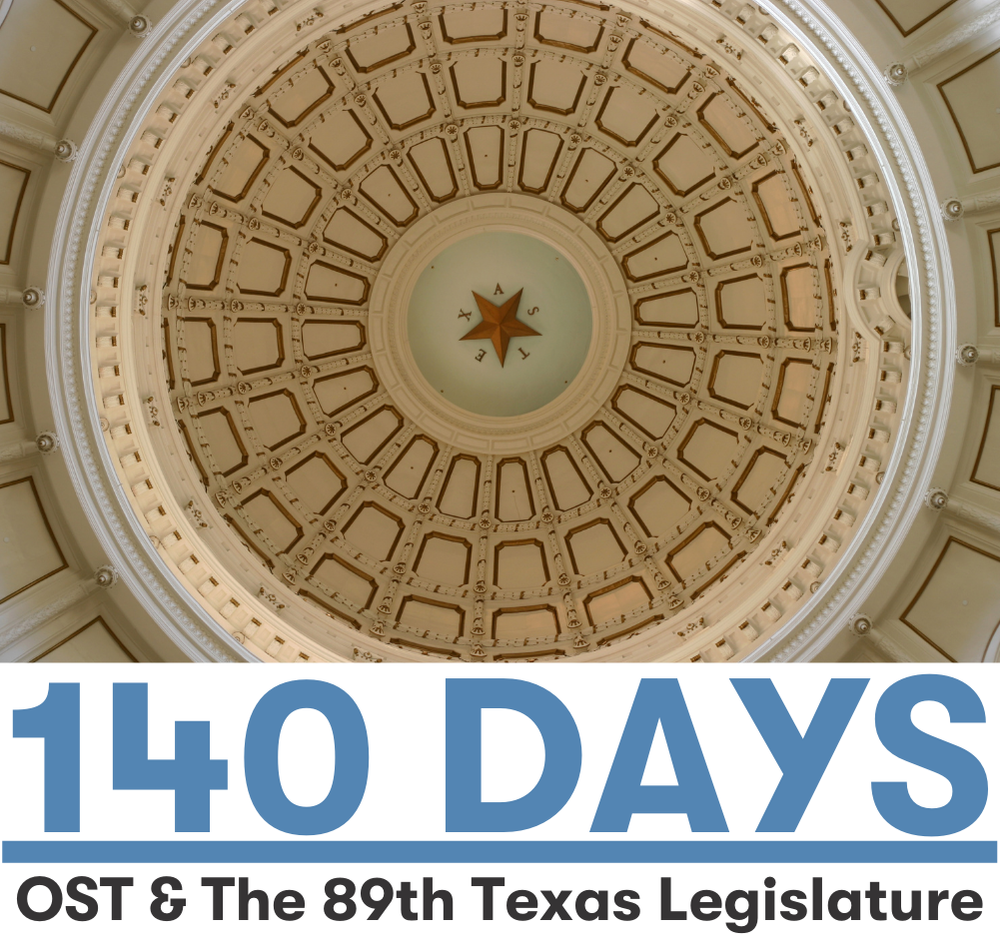Kicking Off The 89th Texas Legislature
February 5, 2025

The Texas Legislature convened for the 89th Regular Session on Tuesday, January 14. The Legislature meets for 140 days every other year to debate policy issues, address pressing state matters, and pass a biennial budget that encompasses all state expenditures for the next two years.
The process is marked by numerous milestones, procedural hurdles, and deadlines that all inform strategy (start early!) and likelihood of success (not high, even under the best circumstances). In this part-time legislature, the process is designed to preserve the status quo rather than make rapid and profound changes, making any meaningful shifts in policy all the more impressive when they do occur.
In the early days of a session, activity is marked primarily by getting organized in both chambers. In the Senate, the Lieutenant Governor is elected by a popular vote every four years, whereas in the House, the Speaker of the House is elected by his or her peers within the body. This means that on Day 1, senators know who will be in charge, but for House members that might not be the case.
This year, The House elected a new Speaker to lead the chamber this session—Dustin Burrows (R, Lubbock). Burrows has served in the House for more than a decade, chairing powerful committees such as the Calendars Committee, which sets the agenda for debate throughout the session, and the Ways & Means Committee responsible for tax legislation. His election was marked by a more animated process than normal with both a republican and democratic opponent.
Following his election, the Speaker establishes committees of jurisdiction for the chamber with input from members on their preferences and priorities. Of note, this year the House passed revised rules that prevent the Speaker from appointing chairs from the minority party while requiring that vice-chairs come from the minority party, a shift in practice for a body that has historically elevated leaders from both sides of the aisle. Committee assignments are expected by next week.
In the Senate, where their leader is already decided, committees are appointed and already meeting. Lieutenant Governor Dan Patrick has also announced his priorities for the session which will get low bill number designations to highlight their importance. These priorities include: electricity and water infrastructure, additional property tax cuts, school vouchers, and banning all forms of THC. You can learn more about all of Patrick’s priorities here.
While the focus is on legislative deliberations during the session, Governor Abbott’s perspective and priorities also inform what measures pass or fail. On Sunday, February 2, Abbott announced his emergency items in his State of the State address:
- Property tax relief;
- Water infrastructure;
- Teacher pay raises;
- Expanding career training;
- School vouchers;
- Bail reform; and
- Creating a Texas Cyber Command.
Emergency items are the only policy areas that can be considered by the Legislature before a mid-March milestone, giving them even more opportunity to pass through an otherwise slow process. The only thing that must pass each legislative session is a biennial budget, which we’ll dive into in a future update on the 89th Texas Legislative Session.

